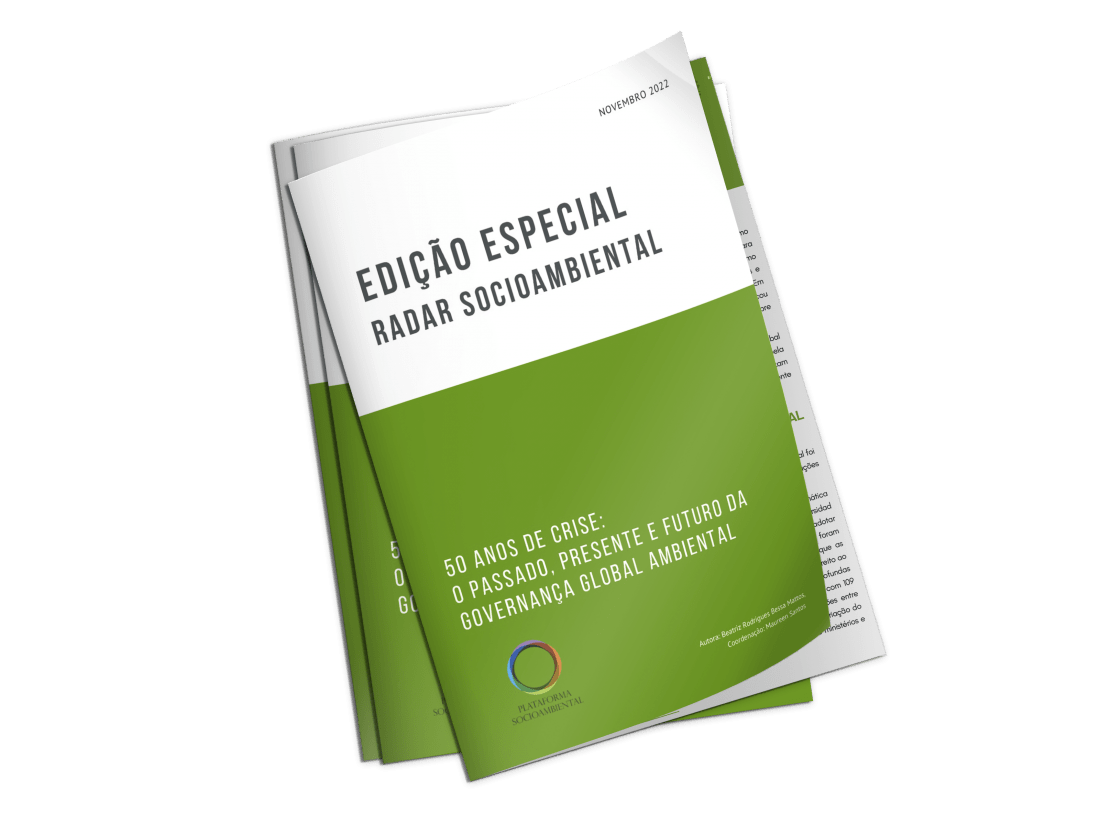
50 Years of Crisis: The Past, Present, and Future of Global Environmental Governance
Em 1972, durante a Conferência das Nações Unidas sobre Meio Ambiente Humano – mais conhecida como Conferência de Estocolmo -, delegações de diversos países se reuniram em alto nível pela primeira vez para tratar de desafios ambientais transfronteiriços, como a poluição e a escassez de recursos naturais. Estocolmo foi o pontapé inicial de uma série de negociações que levaram à consolidação dos princípios, regras e instrumentos que atualmente compõem o que se conhece como governança global ambiental. Em reconhecimento à relevância daquele momento histórico, a Assembleia Geral das Nações Unidas convocou um novo encontro multilateral para celebrar os cinquenta anos da Conferência de Estocolmo e refletir sobre os avanços e desafios verificados ao longo desta trajetória.
Este artigo busca apresentar brevemente os instrumentos e processos que compõem a governança global ambiental e, partindo das instigantes reflexões apresentadas durante dois webinários realizados pela Plataforma Socioambiental do BRICS Policy Center, discutir sobre os principais desafios que inviabilizam ações mais efetivas e ambiciosas para solucionar a profunda crise socioambiental que atualmente atravessamos.
This article seeks to briefly present the instruments and processes that make up global environmental governance and, based on the thought-provoking reflections presented during two webinars held by the BRICS Policy Center’s Socio-Environmental Platform, discuss the main challenges that hinder more effective and ambitious actions to solve the deep socio-environmental crisis we are currently experiencing.


